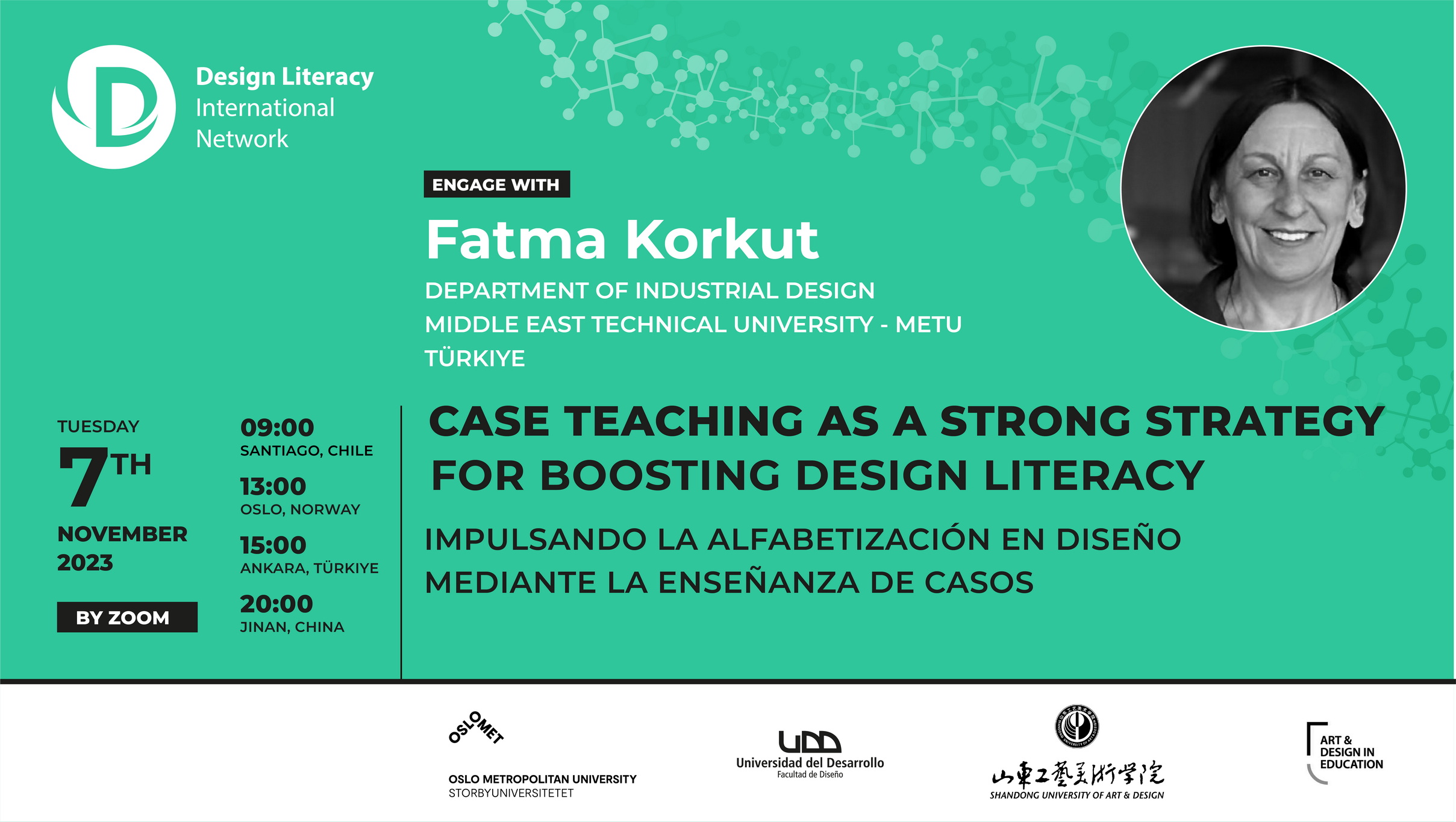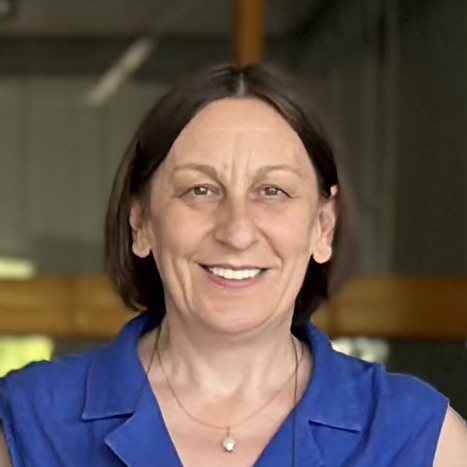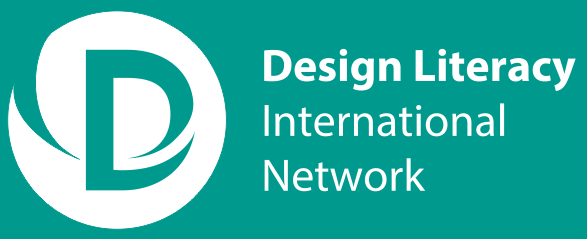
Case Teaching as a Strong Strategy for Boosting Design Literacy
In the upcoming 32nd Engage with Ideas session, Fatma Korkut will explore an alternative pedagogic approach to tackling “real-world” situations in a way that boosts design literacy: case teaching. In her talk titled Case Teaching as a Strong Strategy for Boosting Design Literacy, Fatma will attempt to demonstrate the potential of case teaching in seemingly theoretical and somewhat remotely related topics: design history, professional ethics, and design law.
She will juxtaposing this to the design studio teaching, which is considered as one of strengths in the design education (Schön, 1984, 1985). The design studio is a hands-on, project-based learning environment where students practice to approach real-world issues in a designerly way (Cross, 2001). The studio also serves as a milieu facilitating student engagement with users and stakeholders. The other courses -theoretical or skill-based- in a design curriculum may include aspects of project-based learning and studio culture. Fatma will propose that the case teaching has affinities with project-based learning; both approaches are context-driven and scenario-based, and both facilitate the exploration of alternatives and decision-making.
Fatma has been interested in case teaching for over a decade, and have created a number of cases for her freshman-year introductory course. She is interested in meeting and exchanging cases with colleagues from around the world who practice case teaching in design education.
Event recording in ENGLISH:
Event recording in SPANISH:
 Fatma Korkut is an associate professor at the Middle East Technical University (METU) Department of Industrial Design. She teaches design studio courses, theoretical courses, and supervises master’s and doctoral students. She strives for a design pedagogy that engages stakeholders in design education and immerses design students in the stakeholders’ world. Her dream projects are the ones that empower and enable the involved parties -students, researchers, production companies, NGOs, or communities- to work together towards negotiated goals and values.
Fatma Korkut is an associate professor at the Middle East Technical University (METU) Department of Industrial Design. She teaches design studio courses, theoretical courses, and supervises master’s and doctoral students. She strives for a design pedagogy that engages stakeholders in design education and immerses design students in the stakeholders’ world. Her dream projects are the ones that empower and enable the involved parties -students, researchers, production companies, NGOs, or communities- to work together towards negotiated goals and values.
Fatma earned her Bachelor’s degree in Industrial Design from METU in Ankara, her M.Sc. in Design from IIT Institute of Design in Chicago, and her Ph.D. from Mimar Sinan University in Istanbul. She is an active member and past chair of the Industrial Designers Society of Turkey (ETMK) and has been involved in professional bodies promoting and regulating industrial design education and profession in Turkey for the last three decades.
References
Cross, N. (2001). Designerly Ways of Knowing: Design Discipline Versus Design Science. Design Issues, 17(3), 49–55. https://doi.org/10.1162/074793601750357196
Schön, D. A. (1984). The Architectural Studio as an Exemplar of Education for Reflection-in-Action. Journal of Architectural Education, 38(1), 2–9. https://doi.org/10.2307/1424770
Schön, D. A. (1985). The Design Studio: An Exploration of its Traditions and Potentials. RIBA Publications Limited.
Bookings
Bookings are closed for this event.
